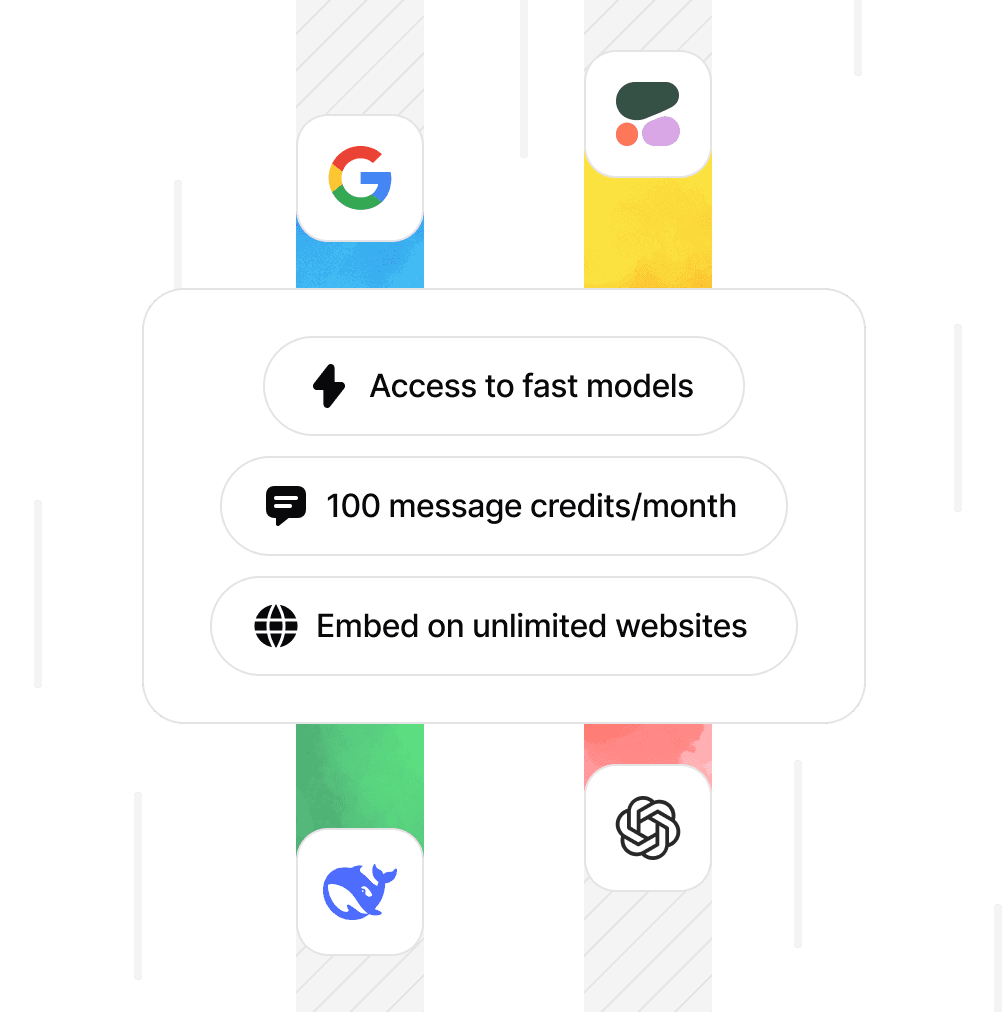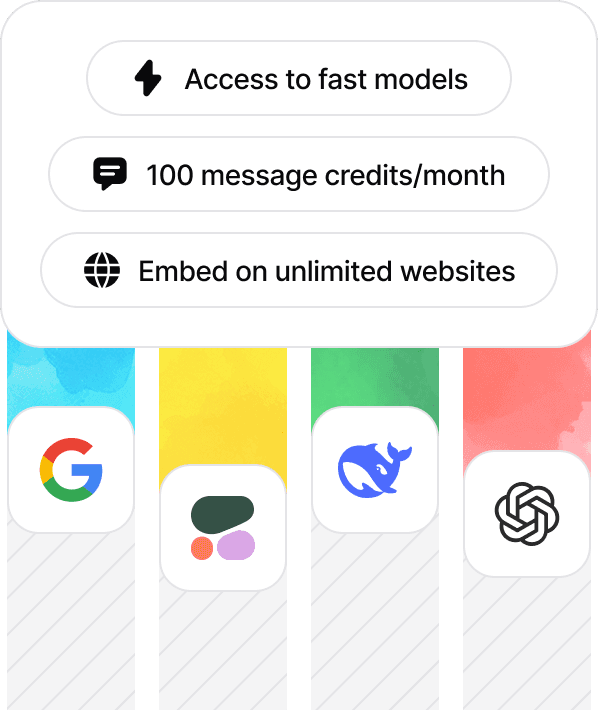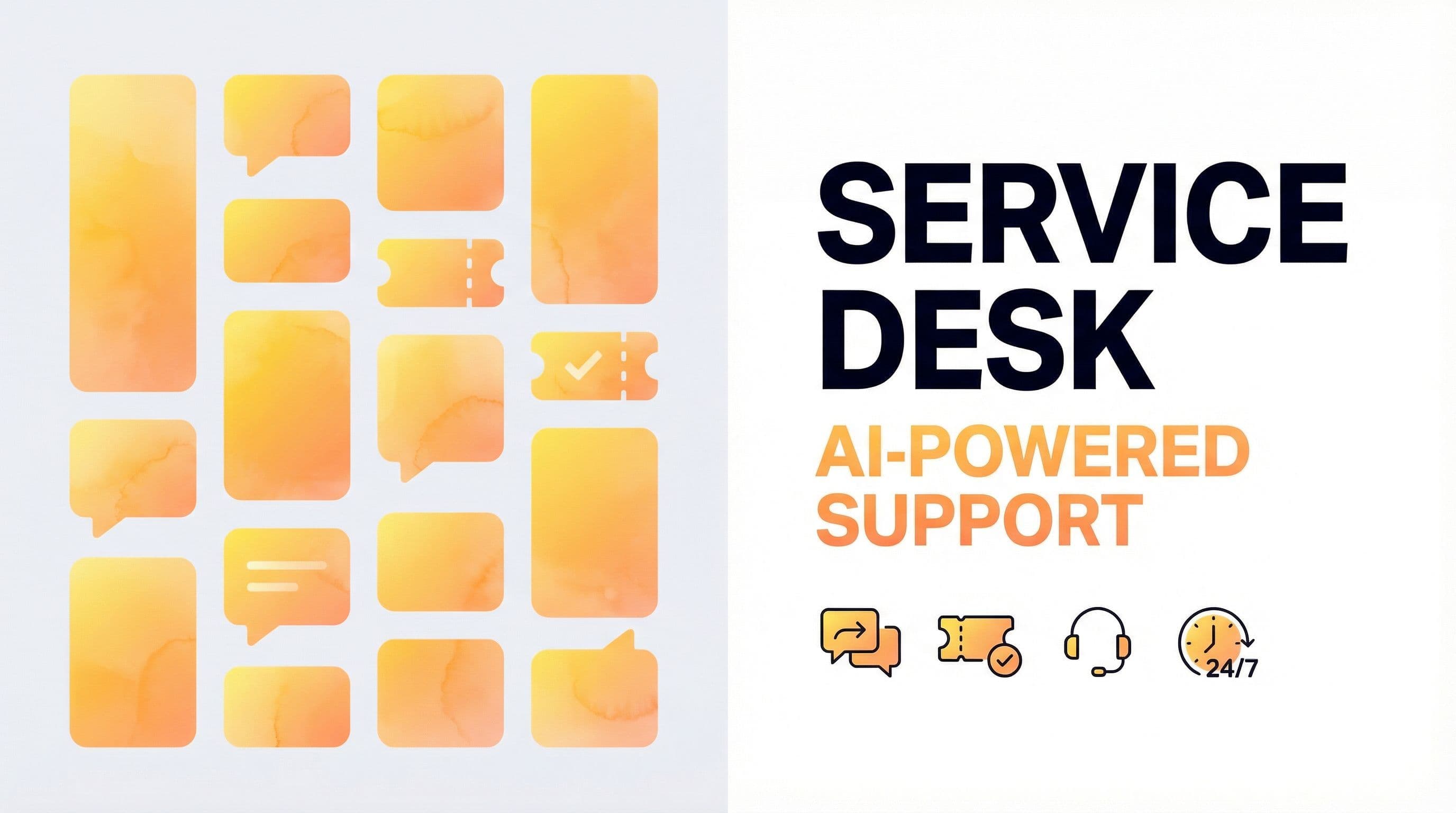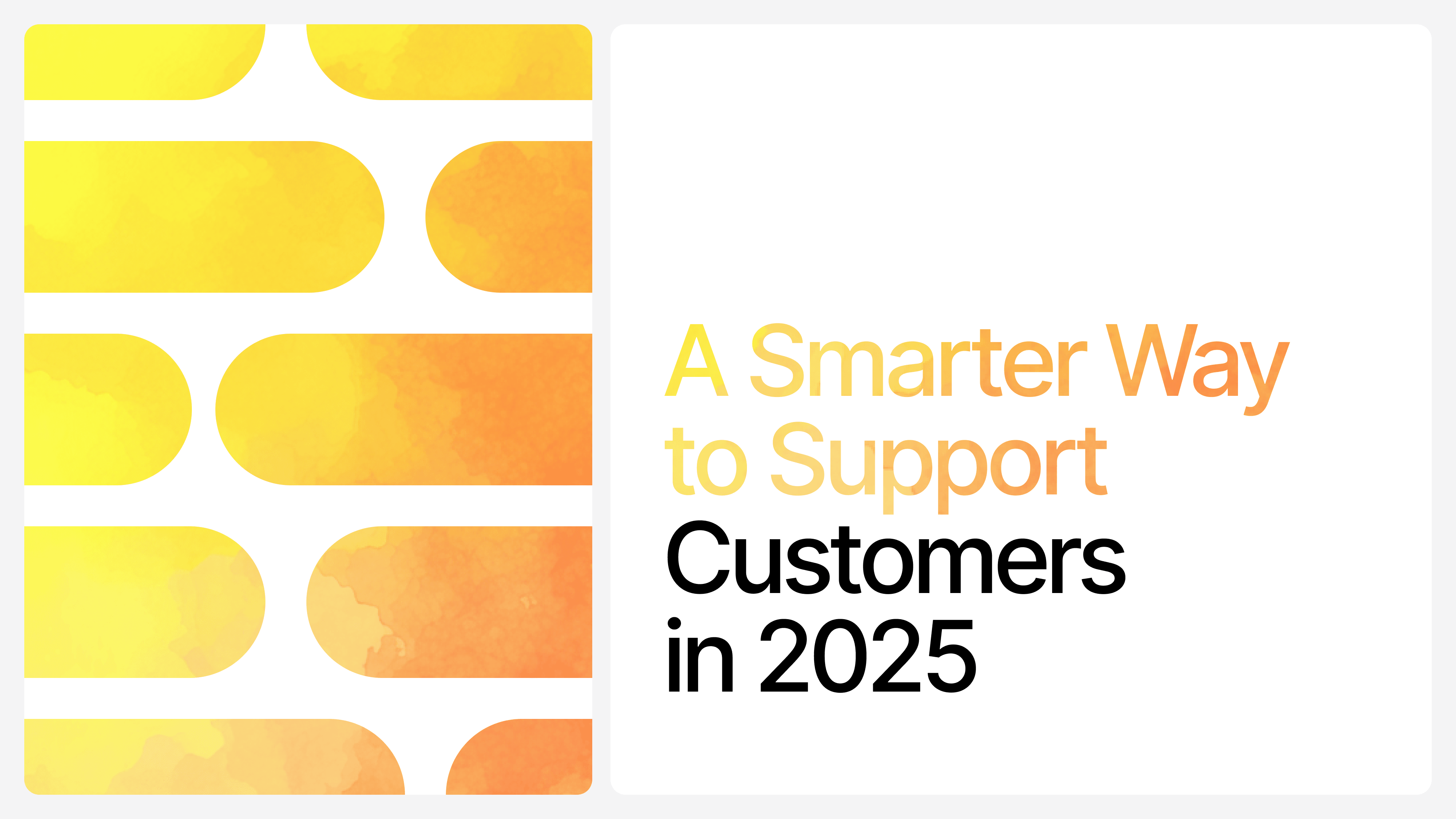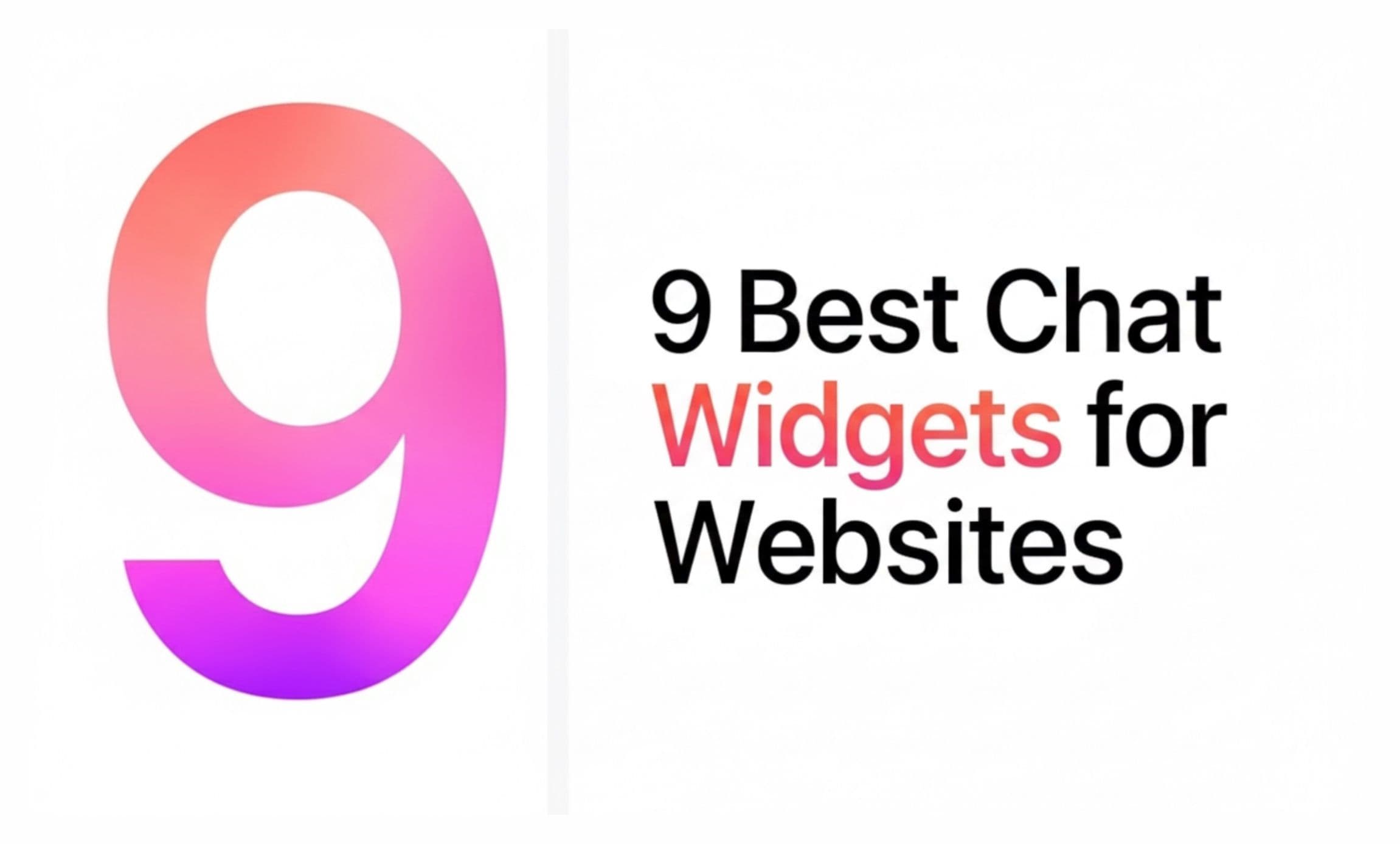How to Use ChatGPT for Business
Max T
Jul 23, 2024
13 min read
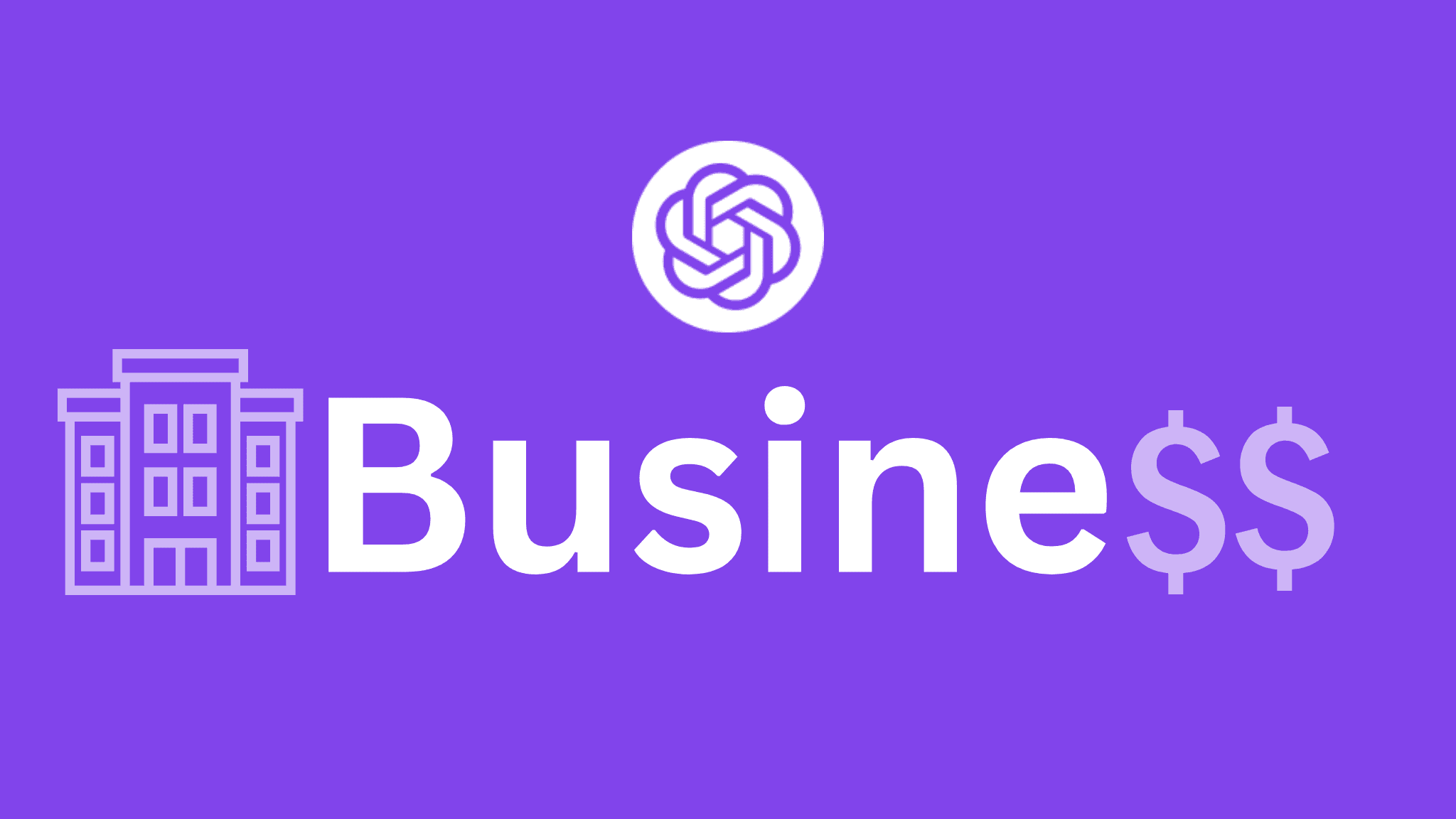
ChatGPT has become a game-changer for businesses. In its early days, the AI chatbot used to be all about having virtual conversations and creating witty banter online. But then, people quickly realized ChatGPT could do everything from creative writing to helping solve real world problems.
And it's become a secret weapon for businesses too.
Walk with us. It's the average Monday morning, and you're buried in emails, customer queries are piling up, and a critical report deadline is looming over you. When things really start to feel like they've gotten out of hand, ChatGPT can step in to help, giving you more time to relax and sort through your to-do list more strategically. It can help you with managing customer inquiries, provide insightful data, and with drafting compelling marketing content.
Want to know more ways ChatGPT can help smoothen your business operations? Sit back, and let's take you through the many ways ChatGPT can help your business, one prompt at a time.
How can ChatGPT help You Run Your business?
So, how can you put ChatGPT to good use for your business? Here’s how to use ChatGPT for business:
1. Market research
Okay, so you have a business and a new idea for a new product or service for that business, but you're not so sure how well it'll be received by your customers. ChatGPT can help you sort make sense of it so you don't have to scroll endlessly. It might not be able to feed you live trends, but it can help you summarize recent trends in your industry, and give you a rundown of what’s likely to work based on the data it has.
ChatGPT can also be a valuable tool for competitor analysis, offering insights into your competitors and how you can exploit gaps in their strategies. For instance, you can input product features, pricing information, marketing materials, and other publicly available data about your competitors and your own business.
Once you've provided this information, you can ask ChatGPT to perform various analyses. It can compare product features, evaluate pricing strategies, assess marketing approaches, and even conduct a SWOT analysis. You might ask, "How does our product compare to Competitor X in terms of features and value?" or "Given these market trends and competitor moves, what opportunities can you identify for our business?" This approach allows you to leverage ChatGPT's analytical capabilities to gain insights and make informed business decisions.
Finally, it can help you brainstorm and validate ideas. Just throw some concepts at it, and it'll provide feedback and suggest improvements for you.
ChatGPT Prompts for Market research:
- “Compare the features of our product [YOUR_PRODUCT_FEATURES] with our competitor's product [COMPETITOR_PRODUCT_FEATURES]. Highlight any unique selling points and areas where we might need improvement.”
- "Given our pricing structure [YOUR_PRICING_STRUCTURE] and our competitor's pricing [COMPETITOR_PRICING], analyze the value proposition of both. Suggest potential pricing strategies that could give us a competitive edge."
- “Evaluate our marketing campaign [YOUR_MARKETING_CAMPAIGN_DETAILS] against our competitor's recent campaign [COMPETITOR_CAMPAIGN_DETAILS]. Identify strengths, weaknesses, and potential areas for improvement in our messaging and targeting.”
- “Analyze these customer reviews for our product [YOUR_PRODUCT_REVIEWS] and our competitor's product [COMPETITOR_PRODUCT_REVIEWS]. Summarize the key likes and dislikes for both, and suggest areas where we could improve to gain a competitive advantage.”
Strategic Project Planning
Effective project planning is crucial for achieving long-term goals and maintaining competitive advantage. ChatGPT can be an invaluable tool in this process, helping you strategize, organize, and optimize your business projects from conception to completion.
By leveraging ChatGPT's analytical capabilities, you can break down large-scale business initiatives into manageable phases, identify potential roadblocks, allocate resources efficiently, and establish realistic timelines. Whether you're launching a new product, expanding into new markets, or implementing organizational changes, ChatGPT can assist in creating comprehensive project plans that align with your overall business strategy.
Ready to use ChatGPT for business? Here are some ChatGPT prompts to aid in business project planning:
- "Based on this business goal [BUSINESS_GOAL], help me break it down into key project phases and milestones."
- "Given these resources [AVAILABLE_RESOURCES] and this project scope [PROJECT_SCOPE], suggest a timeline for completion and potential bottlenecks to watch out for."
- "We're planning to [SPECIFIC_BUSINESS_INITIATIVE]. What are the key components we should include in our project plan?"
- "Analyze these concurrent projects [LIST_OF_PROJECTS] and suggest how to prioritize and allocate resources effectively."
- "For this product launch [PRODUCT_DETAILS], create a high-level project plan including marketing, production, and distribution phases."
- "Help me create a risk assessment for this project [PROJECT_DESCRIPTION]. What are potential risks and how can we mitigate them?"
- "Based on these market trends [MARKET_TRENDS] and our project goals [PROJECT_GOALS], suggest key performance indicators (KPIs) we should track throughout the project."
Creating Content for Your Brand
If you're struggling to keep your audience updated you can use ChatGPT to come up with engaging posts for your social media, brainstorm ideas for articles, or search for industry insights.
You can also keep them informed with regular newsletters by using it to draft engaging updates, promotional emails or even personalized messages. Got new products to showcase? ChatGPT can help you write compelling and detailed product descriptions that highlight the benefits and features of your products, or write persuasive ad copy for your campaigns.
Here are some ChatGPT prompts for content creation:
- "Based on our brand voice [BRAND_VOICE_DESCRIPTION] and these key product features [PRODUCT_FEATURES], generate five engaging social media posts for [SPECIFIC_PLATFORM]."
- "We're launching a newsletter about [NEWSLETTER_TOPIC]. Draft an outline for the first edition, including sections for industry news, company updates, and a featured product spotlight."
- "Using these product specifications [PRODUCT_SPECS] and our target audience profile [AUDIENCE_PROFILE], write a compelling product description that highlights benefits and features."
- "Our company is hosting a webinar on [WEBINAR_TOPIC]. Create a persuasive email custom invitation that outlines the value proposition for attendees."
- "Based on these current industry trends [INDUSTRY_TRENDS] and our company's expertise [COMPANY_EXPERTISE], suggest five topics for in-depth blog articles that would position us as thought leaders."
Additionally, ChatGPT can help streamline financial processes by generating contractor invoice receipt templates. Whether you need a standardized template for freelancers, consultants, or contractors, ChatGPT can create professional, detailed, and customizable invoice templates that ensure clarity and compliance with financial best practices. Simply provide the necessary details—such as contractor name, service description, payment terms, and tax information—and let ChatGPT generate an invoice receipt that fits your business needs.
Training and Onboarding Employees come and go every day, and when new ones come in, they'll need to get up to speed with the day-to-day operations of your business and their roles.
Describing products
ChatGPT can take a simple, boring item and make it sound like the best thing since sliced bread. Let's say you're in the tech gadget business, you can ask it to “Describe the features of a new tech gadget in a fun and engaging way ." or "Write a hype-filled product description for the latest smart device in our inventory.” and tweak its answers to suit your particular product.
Basically, it can take any product you’re selling and give it a personality that grabs attention and makes people think, “I absolutely need this!”
Here are some ChatGPT prompts to help with creating compelling product descriptions:
- "Transform these technical specifications [PRODUCT_SPECS] for our new [PRODUCT_NAME] into an exciting product description that appeals to [TARGET_AUDIENCE]."
- "Using our brand voice [BRAND_VOICE_DESCRIPTION], create a hype-filled product description for our latest [PRODUCT_CATEGORY] that makes it sound like a must-have item."
- "Take this list of features [FEATURE_LIST] for our [PRODUCT_NAME] and rewrite them as benefits that solve specific problems for our customers."
- "Create a product description for our [PRODUCT_NAME] that tells a story about how it fits into and improves the daily life of our target customer [CUSTOMER_PROFILE]."
- "Generate three different product description styles (professional, casual, and humorous) for our [PRODUCT_NAME], highlighting its unique selling points [USP_LIST]."
Training and Onboarding
Employees come and go everyday, and when new ones come in, they'll need to get up to speed with the day to day operations of your business and their roles. ChatGPT can help make the onboarding and training process a little easier by creating training materials, quick guides on company policies and even step-by-step walkthroughs on how to use company software. For instance, if your technical team needs to get certified, ChatGPT can recommend targeted study aids—such as Microsoft MS-600 Practice Tests dumps—to help streamline their exam preparation.
Here are some ChatGPT prompts for creating onboarding materials:
- "Create a comprehensive outline for a new employee orientation guide that covers our company's mission, values, and key policies. Include sections on [IMPORTANT_TOPICS_LIST].
- Use our company specifics: [COMPANY_NAME], [COMPANY_MISSION], [CORE_VALUES], and [KEY_POLICY_HIGHLIGHTS]."
- "Design a step-by-step walkthrough for our new sales representatives on how to use our CRM software [CRM_NAME]. Focus on the most common daily tasks they'll encounter, including [TASK_1], [TASK_2], and [TASK_3]. Include our company's best practices for [SALES_PROCESS]."
- "Develop a series of 5 short, engaging quizzes to test new employees' understanding of our company's [PRODUCT_LINE], [SERVICE_OFFERINGS], and [TARGET_MARKET_SEGMENTS]. Incorporate key facts about our [COMPANY_HISTORY] and [INDUSTRY_POSITION]."
- "Write a friendly welcome email template for new hires that introduces them to our company culture [CULTURE_DESCRIPTION] and provides a clear checklist of first-week tasks and important contacts. Include information about our [ONBOARDING_PROCESS] and [TEAM_STRUCTURE]."
- "Create a 'Day in the Life' guide for the [SPECIFIC_ROLE] position, detailing typical responsibilities, key interactions with other departments, and tips for success in our company environment. Include information on [DEPARTMENT_STRUCTURE], [KEY_PERFORMANCE_INDICATORS], and [GROWTH_OPPORTUNITIES]."
What Are ChatGPT's limits in Business?
So, while ChatGPT is great, it's not indomitable, and it can't cover all the bases for business owners. While it's solid with research, data and customer chats, there are some gaps it can’t fill, and it might need a bit of backup.
For instance, in creating onboarding materials, ChatGPT can generate content, but it can't provide real-time, company-specific answers to new employees' questions. Ideally, businesses need an AI chatbot trained on their specific data, capable of offering up-to-date, interactive guidance on company policies and procedures.
Similarly, for market research and strategic planning, ChatGPT's knowledge is limited to its training data. It can't access real-time market data or provide insights based on the latest trends and competitor moves. Moreover, without access to company-specific data, ChatGPT's responses might be too generic or even irrelevant to your unique business context. This could lead to advice or content that doesn't align with your company's specific needs, culture, or strategic goals.
These limitations highlight the need for a more tailored AI solution. But how can businesses achieve this level of customization and real-time interaction?
Chatbase allows businesses to create custom AI chatbots trained on their specific company data. This means your chatbot can provide personalized, up-to-date responses that are directly relevant to your business context. Here are some key use cases and benefits:
1. Personalized Customer Support: Create a chatbot that can answer product-specific questions, handle inquiries about your services, and provide accurate, brand-consistent responses.
2. Employee Onboarding and Training: Develop an AI assistant that can guide new hires through company policies, procedures, and systems, providing real-time, interactive support.
3. Sales and Marketing: Train a chatbot on your product catalog and marketing materials to assist potential customers, qualify leads, and even help with upselling.
4. Internal Knowledge Management: Build a chatbot that can quickly retrieve and share company-specific information, improving efficiency and reducing the load on your human resources.
5. Real-time Data Integration: Unlike ChatGPT, Chatbase can be integrated with your current systems to provide up-to-date information on inventory, pricing, or other dynamic data.
By using Chatbase, businesses can overcome the limitations of generic AI models and create a solution that truly understands and represents their unique needs. This results in more accurate responses, improved customer and employee experiences, and ultimately, better business outcomes.
Ready to make the best of ChatGPT in your business? Sign up for a free Chatbase account and grab a free custom AI chatbot tailored to your specific business needs and data.
Share this article:
